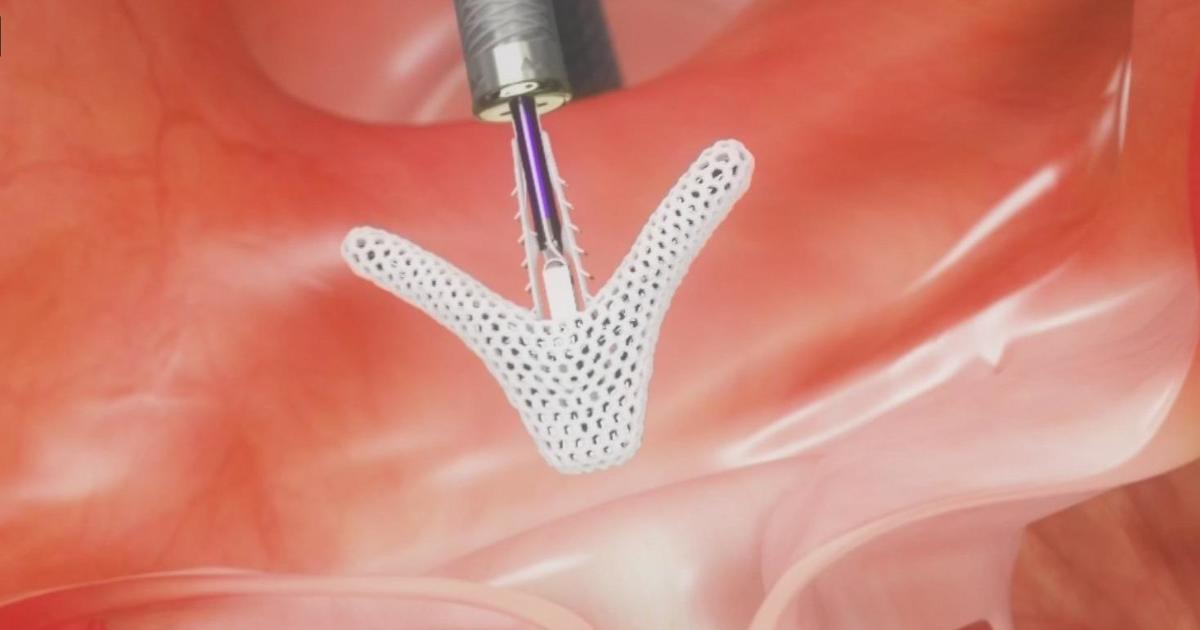UC Davis lab monitoring fecal samples for COVID-19 expands efforts
DAVIS -- They were on the cutting edge of coronavirus data and analysis, testing what comes out of communities to reduce infection rates and create public policy.
"One of the first treatment steps at any treatment plant is called a primary clarifer," said Heather Bischel at the UC Davis wastewater treatment plant.
Bischel is an associate professor of civil and environmental engineering. She showed us the first step in the sampling process, looking at levels of COVID-19 in feces to determine infection rates.
Her lab at UC Davis leads Healthy Central Valley Together -- a collaborative project that takes solid samples four days a week from eight partner facilities in Yolo, Merced and Stanislaus counties.
Here's how they analyze the solids for traces of COVID 19:
"We extract the RNA the genetic material from the virus and then we can measure the concentration," said Bischel.
Her group then shares that data with wastewater treatment facilities, city representatives, and public health departments.
Research shows there is no transmission through wastewater. But what goes down the drain comes up in terms of public health
"We see the virus is there in the wastewater and that correlates," Bischel said. "The concentration in the wastewater correlate with trends in infection."
Bischel launched the wastewater testing component of Healthy Davis Together, a collaboration between the university and the City of Davis to respond to the pandemic through large testing sites. In the last two years, they tested thousands of wastewater samples. She says analysis may be a bit diluted, but it's real information -- especially now during the endemic and the new era of at-home testing.
"So the case counts that public health departments have are undercounting the real number of cases in the community. But with wastewater testing, we go to the bathroom every day so it's sort of this community-pooled sample."
She says it's a cost-effective and non-biased new metric.
"You watch the metric increase or decrease and we are working with statisticians to develop models to get closer to saying, 'Well, what does that mean in terms of number of cases.'"
UC Davis says wastewater analysis can look for polio and they are now looking for monkeypox, while their partners at Stanford are expanding and looking at influenza.




